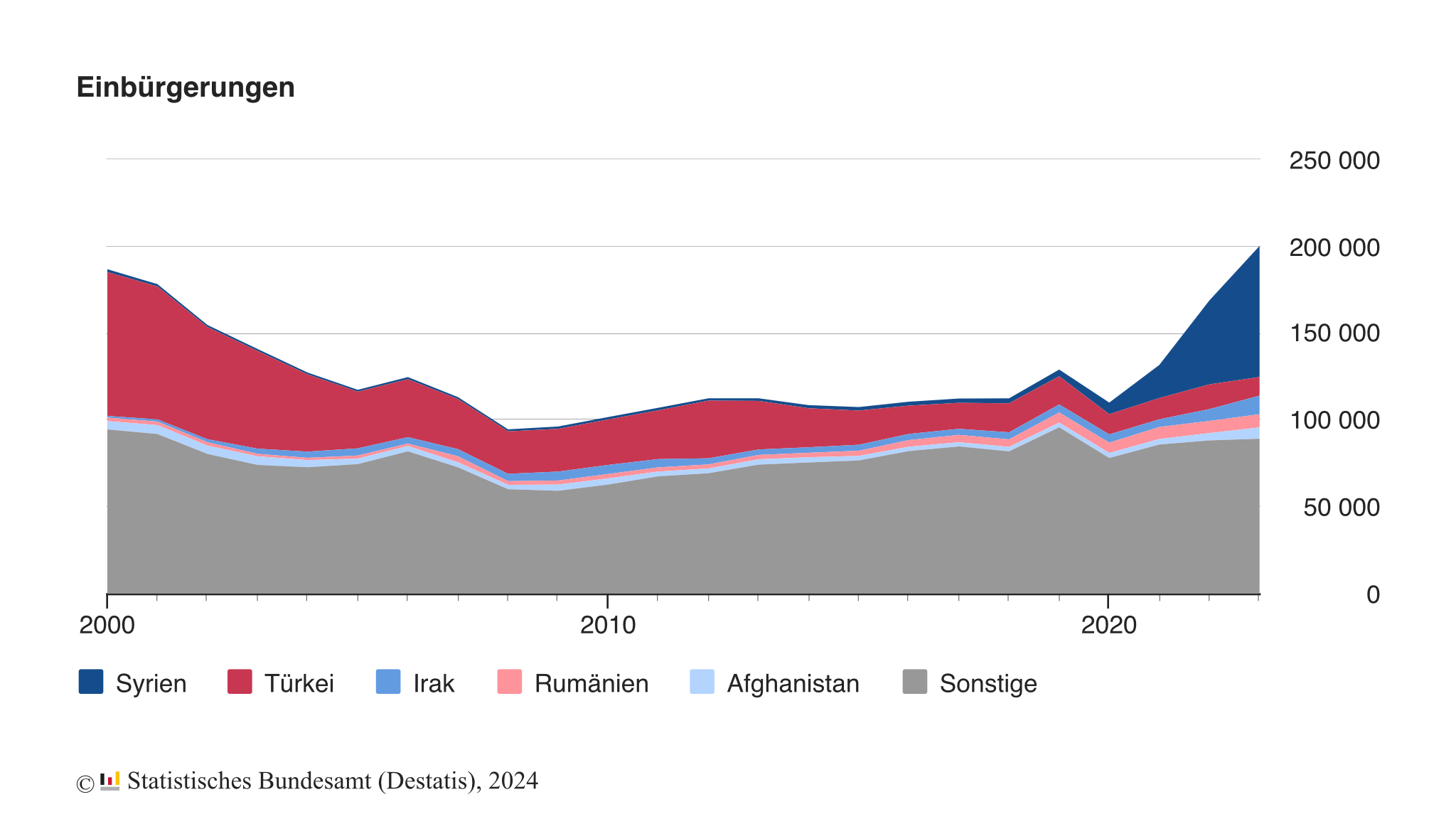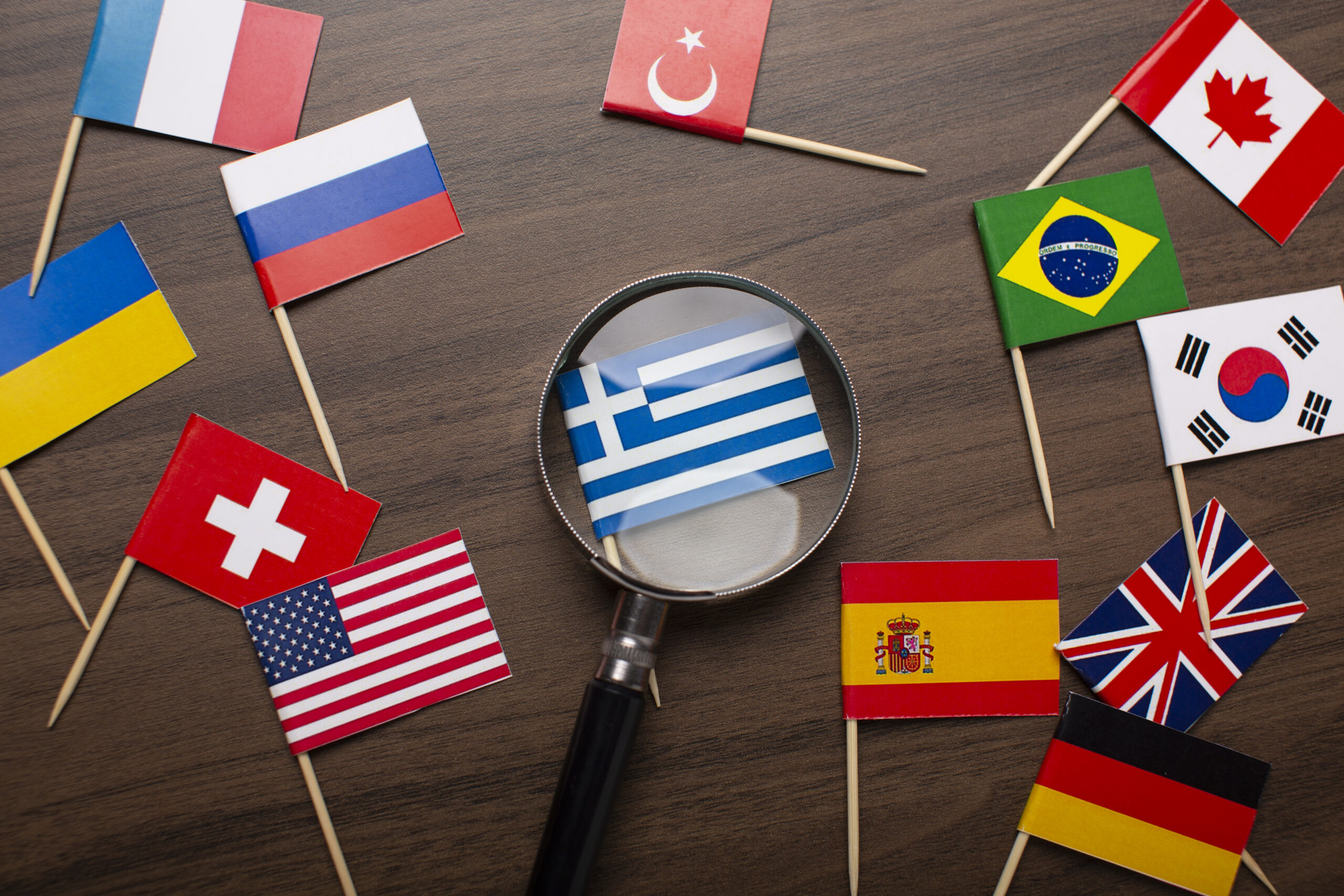
Germany is at a turning point, and if you live here, you’re feeling it in your daily life. From skyrocketing ticket prices and impossible student housing costs to empty pharmacy shelves and political shifts, the reality is getting harder for students, workers, and families alike.
So, what exactly is happening right now? Let’s check out!
Why Is the Deutschlandticket Suddenly So Expensive?
Remember the promise that the Deutschlandticket would always stay at €49? That promise has already been broken. The ticket now costs €58, and by 2026 the price could climb to €64 — a staggering 30% increase in just two years.
For students and commuters, that means an extra €180 a year just to keep traveling. What started as an affordable mobility project is quickly turning into a symbol of broken political promises. And unfortunately, it’s not the only policy heading in the wrong direction.
How Bad Has Germany’s Student Housing Crisis Become?
Finding affordable student housing has always been a challenge — but today, it’s spiraling out of control. In major cities, small WG rooms that cost €300 five years ago are now renting for €500–€600.
Even with maximum BAföG, students are falling short. International students are especially vulnerable, with some forced to sleep in cars while universities fail to provide viable housing solutions. Germany’s education system risks losing talent simply because young people can’t afford a roof over their heads.
Will Pharmacies Run Out of Medicine Again This Winter?
Last winter, Germany saw essential medicines disappear from pharmacy shelves — everything from antibiotics to children’s fever syrups. The outlook for this winter is even worse.
For families, seniors, and anyone with chronic illnesses, this is more than inconvenient — it’s dangerous. Yet the government’s advice has been to “plan ahead.” But how can people plan ahead for empty shelves?
Can Germany Afford Its New €502.5 Billion Budget?
The Bundestag just passed a budget of €502.5 billion for 2025, with €140 billion financed purely by debt. That’s the highest debt level since COVID-19.
This spending will affect everyone through higher taxes, inflationary pressures, and long-term obligations. While much of the money is earmarked for social programs and economic stimulus, the bill will ultimately be paid by people living and working in Germany today.
Why Is the AfD Surge a Political Earthquake?
The AfD just achieved 16.5% in NRW, Germany’s most populous state — their best result ever. This isn’t just a political headline. For internationals, students, and expats, this matters because such numbers directly influence immigration, housing, and social policies.
The trend isn’t isolated, either. Similar gains in eastern states show that Germany’s political landscape is shifting rapidly — and that shift will soon shape daily life for millions.
Could Mandatory Service Return for Young People?
Military service was abolished in 2011, but now, politicians are openly debating bringing it back. The proposals include not only German citizens but also certain visa holders — meaning international students and workers might be affected.
Whether it’s compulsory military training or forced social work, momentum is building. While no final decisions have been made, the discussion signals a major potential shift in Germany’s social contract.
Why Are WWII Bombs Still Threatening Cities Today?
This week in Berlin, 20,000 people had to evacuate after another World War II bomb was discovered. And these incidents are far from rare: the city still finds about 3,000 unexploded bombs and grenades every year.
Eighty years later, wartime remnants continue to disrupt daily life, reminding us how the past still physically shapes Germany’s present.
How Does Oktoberfest Make Billions While People Struggle?
Munich’s Oktoberfest just kicked off, and it’s projected to bring in €1.5 billion in only two weeks. Yet while millions pour in for overpriced beer — now around €15 per liter — families across Germany are struggling with rent, food, and healthcare costs.
The contrast is striking: while basic necessities feel increasingly out of reach, millions still flock to spend hundreds in a single night at Oktoberfest. It highlights a painful reality about where priorities lie when times get tight.


